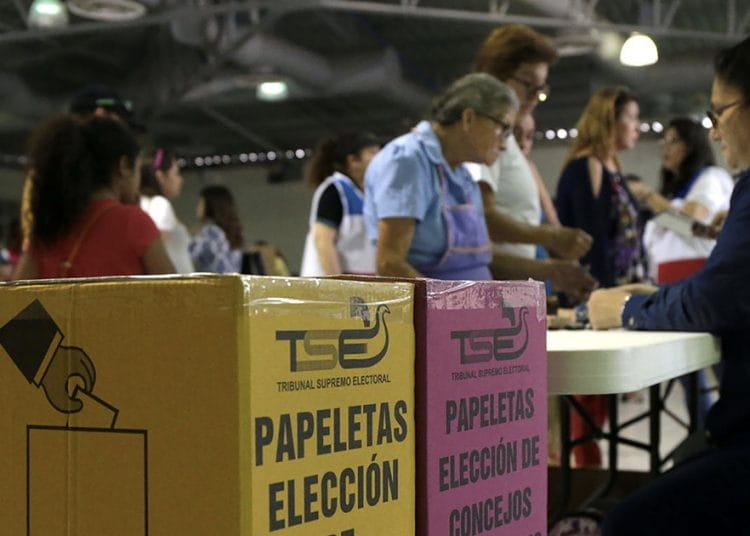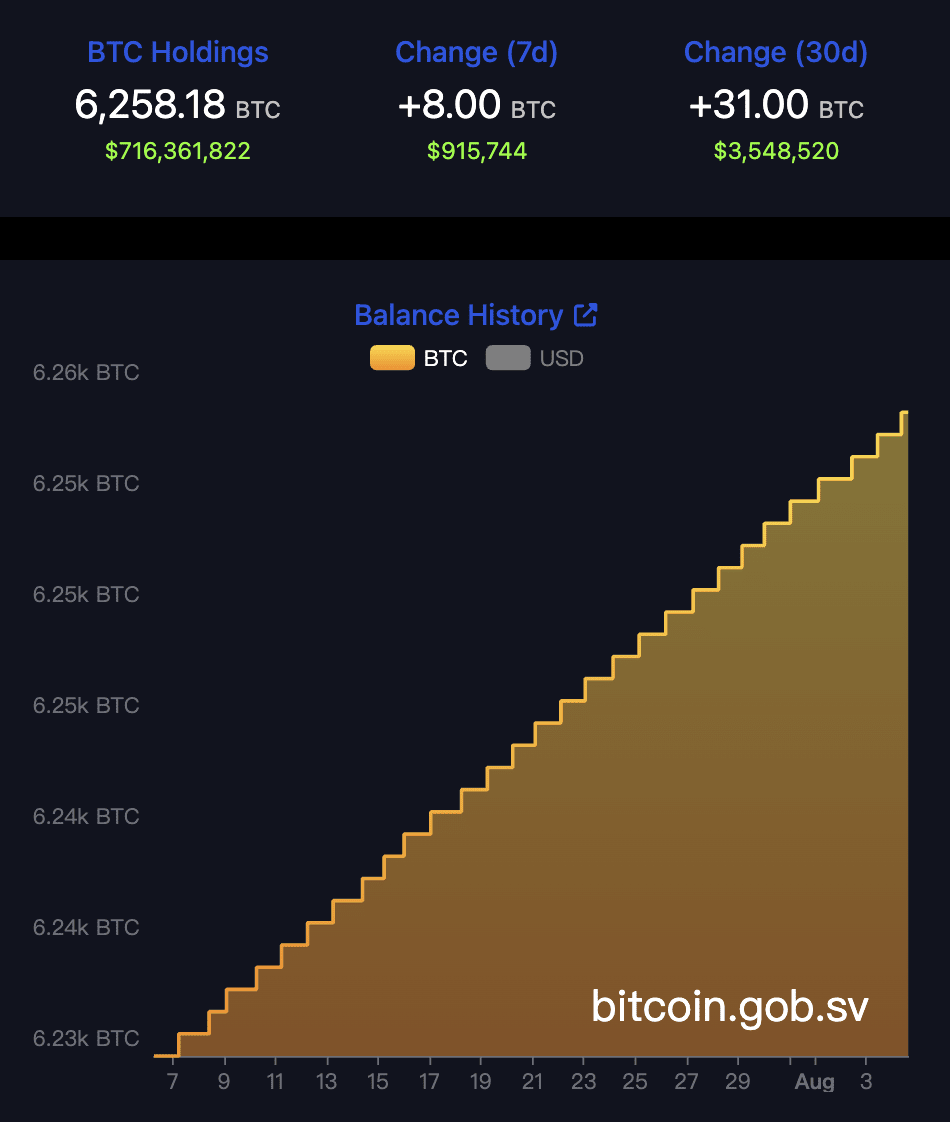Congress passed a constitutional amendment extending the presidential term to six years with unlimited re-election.
According to reports from the Associated Press, the El Salvador Congress overwhelmingly passed the significant constitutional amendments led by President Nayib Bukele's 'New Ideas' party on July 31, with a vote of 57 to 3. The reform includes five core changes: allowing for unlimited presidential re-election, extending the presidential term from 5 years to 6 years, abolishing the second-round voting system, adjusting the electoral timeline, and synchronizing presidential and congressional election timings.
 Source: El Salvador Congress. The El Salvador Congress recently passed significant constitutional amendments led by President Nayib Bukele's 'New Ideas' party, allowing for unlimited presidential re-election.
Source: El Salvador Congress. The El Salvador Congress recently passed significant constitutional amendments led by President Nayib Bukele's 'New Ideas' party, allowing for unlimited presidential re-election.
New Ideas party lawmaker Ana Figueroa proposed ending Bukele's current term two years early, adjusting it from the originally scheduled June 1, 2029, to June 1, 2027, to synchronize presidential and congressional elections. Figueroa claimed these changes would save taxpayers money: 'Each second-round election costs the country about $50 million, and with these resources, we can build new hospitals and more schools.'
Congress's First Vice President Suecy Callejas defended these reforms, stating, 'Power has returned to where it truly belongs, to the people of El Salvador.' Supporters believe these measures will enhance institutional stability, lower electoral costs, and attract more foreign investment by providing political continuity.
Opposition warns of democratic backsliding, human rights situation draws international attention.
Only three lawmakers voted against this constitutional amendment, including Marcela Villatoro from the Nationalist Republican Alliance party. She warned that this vote symbolizes the death of democracy in El Salvador, saying, 'You do not realize what unlimited re-election will bring: it will lead to the concentration of power, weaken democracy... corruption and nepotism will arise, as cronyism will hinder democracy and political participation.'
These constitutional amendments have raised broader concerns about democratic backsliding. In June of this year, the Bukele government faced international criticism for imprisoning a lawyer who criticized the government, drawing attention from human rights defenders. In the same month, another lawyer from a human rights organization was sentenced to six months in prison while awaiting trial. The international community has expressed serious concerns about the human rights situation in El Salvador.
Despite facing international criticism, Bukele still enjoys high support domestically. A recent poll from the University of El Salvador's opinion laboratory showed that over 78% of respondents approved of Bukele's performance in the first year of his second term. Another poll conducted by Iudop-UCA gave him a score of 8.15 out of 10 during his sixth year in office.
Bitcoin policy becomes a highlight, cryptocurrency strategy continues to advance.
Bukele positions El Salvador as a bold experiment in cryptocurrency governance. In 2021, the country became the first in the world to adopt Bitcoin as legal tender, receiving a mix of international praise and skepticism. Since then, the government has established strategic Bitcoin reserves and allowed the use of cryptocurrency for daily transactions, tax payments, and public services.
Stacy Herbert, the director of the government’s Bitcoin office, stated that electoral reforms will enable the country to continue its current economic trajectory, 'The days of chaos, violence, and despair are long gone. El Salvador will continue on its great path.'
Bitcoin policy senior advisor Max Keiser expressed a more radical view on the reforms, claiming that under Bukele's leadership, El Salvador will become 'the Singapore of Central America.'
According to data from the Bitcoin office, El Salvador currently holds 6,258.18 bitcoins, with reserves increasing by 31 bitcoins in the past 30 days. The office claims the country continues to purchase one bitcoin daily, despite an International Monetary Fund (IMF) report indicating that since El Salvador signed a $1.4 billion loan agreement in December 2024 and agreed to reduce Bitcoin investments, the country has not purchased any bitcoins.
 Source: Bitcoin Office. El Salvador currently holds 6,258.18 bitcoins, with reserves increasing by 31 bitcoins in the past 30 days.
Source: Bitcoin Office. El Salvador currently holds 6,258.18 bitcoins, with reserves increasing by 31 bitcoins in the past 30 days.
Recently, El Salvador signed a memorandum of cooperation with Bolivia's top bank to strengthen Bolivia's cryptocurrency infrastructure and improve the country's cryptocurrency policy.
See more news about 'El Salvador'
Is buying currency in El Salvador a scam? IMF report: It's internal transfers, there's actually no increase in holdings.
Born a rebel? El Salvador is unafraid of IMF pressure, already holding over 6,000 bitcoins!
‘Want to learn how to ascend to the throne? Bukele's successful push for constitutional reform allows unlimited re-election for the President of El Salvador!’ This article was first published in 'Crypto City'.

